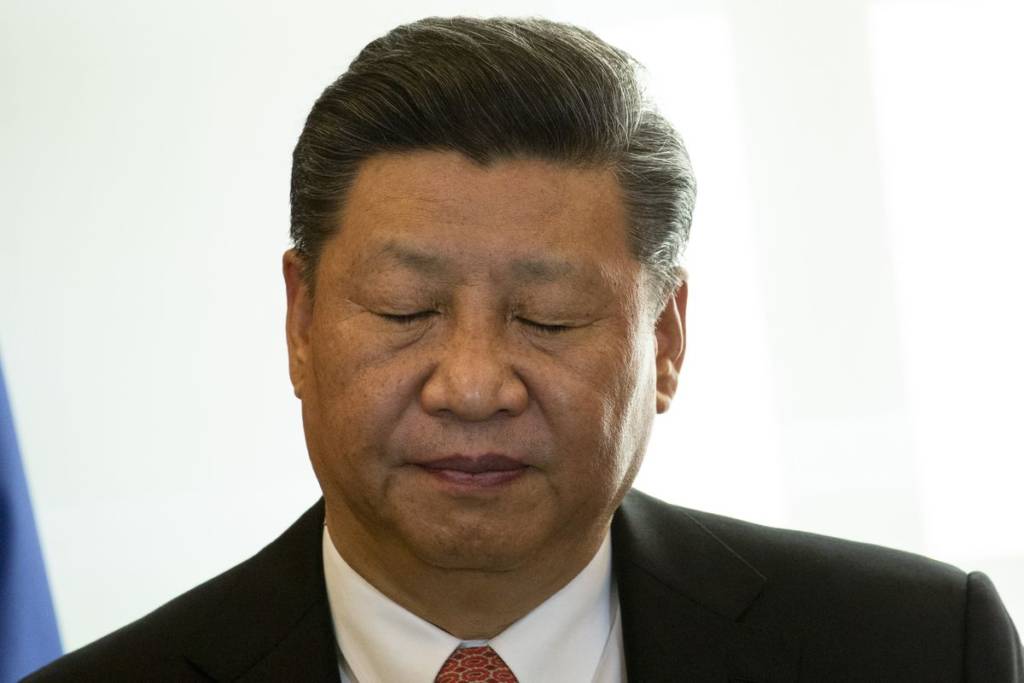In the 36th ASEAN summit held in Hanoi, Vietnam, the leaders of Vietnam and the Philippines sent a tough message against the “bullying behaviour” of China. They argued that some rogue nations, which do not abide by international rules, have increased activity in the South China Sea, without naming China.
Vietnamese Prime Minister said the while many countries are facing political, economic, and social challenges amid Coronavirus pandemic, few countries have been irresponsible and violated international law.
“While the entire world is stretched thin in the fight against the pandemic, irresponsible acts and acts in violation of international law are still taking place, affecting the environment of security and stability in certain regions, including in our region,” said Mr. Nguyen , Vietnamese Prime Minister who made no mention of China in relation to the comments.
In April this year, Chinese maritime patrol agencies sank a Vietnamese fishing boat in the South China Sea, since then, Vietnamese authorities of consistently raised the question of irresponsible Chinese behaviour.
Philippine President Rodrigo Duterte also slammed Chinese behaviour in the South China Sea and raised the issue of Beijing’s unilateral declaration of new administrative districts on islands of South China Sea, on which Vietnam and Philippines have competing claims. “Even as our region struggles to contain COVID-19, alarming incidents in the South China Sea occurred,” Duterte told other ASEAN leaders.
“We call on parties to refrain from escalating tensions and abide by responsibilities under international law,” he said.
In the last few months, China has increased activity in the disputed area of the South China Sea. The islands and waters of the South China Sea are a contested area between China, Taiwan, Philippines, Vietnam, Indonesia and Malaysia.
The border disputes between ASEAN member countries and China have led to souring ties between the two, and have the business relations at risk. The two blocks have already signed the ASEAN-China Free Trade Agreement which resulted in the exponential growth in trade and commerce. ASEAN member nations are also part of China’s ambitious Regional Comprehensive Economic Partnership (RCEP), a free trade agreement with Asia Pacific nations which India refused to be part of, and with the border disputes, the deal could be delayed or even cancelled.
The countries around the world are aligning their foreign policies and economic policies in the post-pandemic world. In the Trump-led United States, where business gets priority over strategic policy, the alignment of foreign and economic policies is already happening. Therefore, if China continues to provoke ASEAN member nations over border dispute, they would go ahead by severing business ties.
If ASEAN severs business ties with China, it would mean Chinese companies will lose a 650 million strong consumer market, which an already cornered China could ill afford.
In the last few months, many Western companies have moved their manufacturing units to Vietnam. Given the fact Southeast Countries like Vietnam, Thailand have socio-political environment very similar to that of China but comparatively very cheap labour, many more companies move shift their manufacturing units in future.
However, if these countries are part of a Free Trade Agreement, then moving their manufacturing units out of China will not be very lucrative for the companies. Therefore, ASEAN countries could ditch China-ASEAN FTA and RCEP very soon in order to align their economic and foreign policies.
